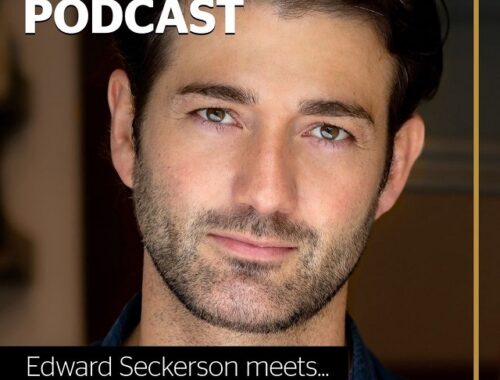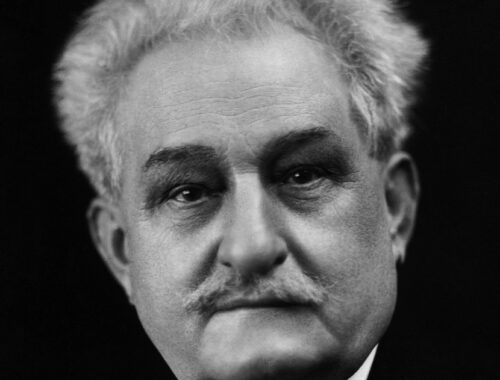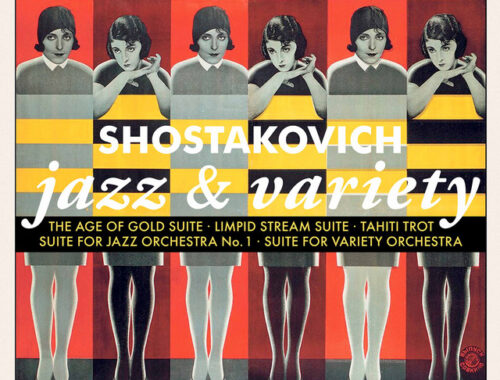London Symphony Orchestra, Douglas, Roth, Barbican Hall
Programming Liszt is like counting calories: you can blow your entire month’s intake in less than an hour. Whoever thought of pairing the Symphonic Poem Mazeppa with the 2nd Piano Concerto – presumably the conductor Francois-Xavier Roth – clearly placed musical symmetry over sensory overkill. One tub-thumping Cossack march might quicken the senses; two in quick succession is just plain careless.
So the father of the tone poem set off at a gallop, the Byronic vision of Mazeppa escaping from an ill-advised liaison with a Polish count’s wife marked out in pounding string reiterations and a rollocking march theme. It’s a wild ride, for sure, but the material, like the horse, is going nowhere fast and the fanfare festooned denouement feels threadbare. The London Symphony Orchestra put their backs into it – and then had to do it all over again with feeling and with piano.
Barry Douglas is precisely the kind of big technique pianist that comes out of a bout with the 2nd Piano Concerto having both rattled the rafters and made music. His singing tone and silvery ornamentation flashed its accomplishment like a self-satisfied smile and even the orchestral soloists – clarinet, horn, oboe, and finally cello – seemed always to be deferring to him. It was grand and yet unassuming and Douglas seemed barely to break a sweat as the second overworked march in less than an hour exhausted double-octaves and pianistic fanfares the length and breadth of the keyboard.
One more march to go – this time to the point of no return: the scaffold. One might have expected Francois-Xavier Roth’s performance of Berlioz’ Symphonie fantastique to have exhibited a more distinctly French sensibility – by which I mean a sharper and more elegantly turned piquancy. Right from the start those provocative shifts in pulse felt overworked not sexy and spontaneous. And even such delights as that sly modulation towards the climax of the movement (and where was the trumpet-toned brilliance of that climax?) felt over-cooked.
It was almost as if he couldn’t get the Liszt out of the LSO’s playing. The Waltz felt heavy not intoxicating; the “Scene in the country” was more an away-day than a hallucination. It was like being behind the scenes of the Fantastique and seeing how the special effects are achieved. It’s one thing being wowed by the LSO’s virtuosity (grisly glissandi et al) in the “Witches’ Sabbath” and quite another feeling genuinely spooked.
You May Also Like

MUSICALS Podcast: Edward Seckerson meets OLIVER TOMPSETT
14/12/2023
GRAMOPHONE: From Where I Sit – Awards 2020 Issue
11/11/2020